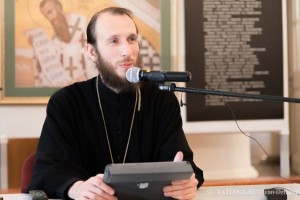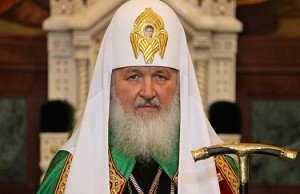When the semester begins, I can tell that my students have trouble going for a few hours without checking their phones to see who’s texted them or posted on their Facebook status. In fact, I now put on my syllabus that they cannot text while class is in session. One would think this to be common sense, but in fact, if I don’t state this up front, they will try to text. Some of them have become so skilled, they can text from the inside depths of their pockets. Their desperate attempt at feeding their addictions of texting and checking Facebook status is a symptom of a much larger problem in our society.
Never before in the history of civilization, have people been able to be present in one place, while connecting somewhere else. Sitting in Jazmines Café at the University where I teach, I always notice that hardly anyone is talking. They are plugged into something that takes them somewhere else, whether they are texting, on Facebook, watching Youtube, googling information, or plugged into their Ipods. They are often completely oblivious to what’s happening around them.
If we think of one of the primary functions of the Divine Liturgy as a means to engage in a more meaningful experience that transcends the Chronos of everyday life, cyber social networking does the complete opposite. Kairos, a more personal and meaningful use of time is the Greek term used for the time spent at the Divine Liturgy. Cyber social networking then, has become the epitome of Chronos, the ordinary and the mundane use of time. It removes us from the present moment. It is a communication that involves our superficial faculties: the eyes, ears and hands, as opposed to our deeper abilities as human beings such as creativity and intuition, skills that involve not only our brains but also our hearts and souls, which we require for prayer life and worship.
And of course, the ultimate form of communication we can engage in as human beings is the Eucharist, which requires the body, the heart and the soul simultaneously.
Unfortunately, the reason people are so strangely addicted to Facebook, Twitter and other forms of cyber social networking is because it gives them a sense of connection to a community. We often don’t know our neighbors or town officials and our close relatives and friends usually do not live near us. Hence, we substitute that lack of physical community with cyber community. Belonging to these cyber communities isolate us even more, since the more friends we have on Facebook or Twitter, the more time we will spend on these sites alone at home, often ignoring our spouses, parents, children and siblings. Ironically, cyber communities cause the very thing we hope to avoid.
It worries me to think of the future of prayer life and connection to not only God, but to one another, which we know as Orthodox Christians is essential to our salvation. The beauty of our faith is that our salvation very much depends on what we do in this lifetime including our relationships with others, which is exactly why church life is so important. When we participate in the Eucharist, we are not only concelebrants with God, but also with one another.
Moreover, if we are all created in the Image of God, than how can we see this image in a person’s face, or hear it in his or her voice when communicating through texting or Facebook? The answer is simple. We can’t. If we are all icons, as the church fathers tell us, then the image of that icon remains unseen through a cyber connection. Can you imagine walking into an Orthodox Church with no icons? The soul of that church would seem quite empty.
The Divine Liturgy and the liturgy after the liturgy, as St. John Chrysostom calls it, teaches us communion with God, but also with one another. It also teaches us to be in the here and now, the beautiful mystery of living in the Kairos, rather than only in the Chronos.



















